In war, there are no unwounded soldiers
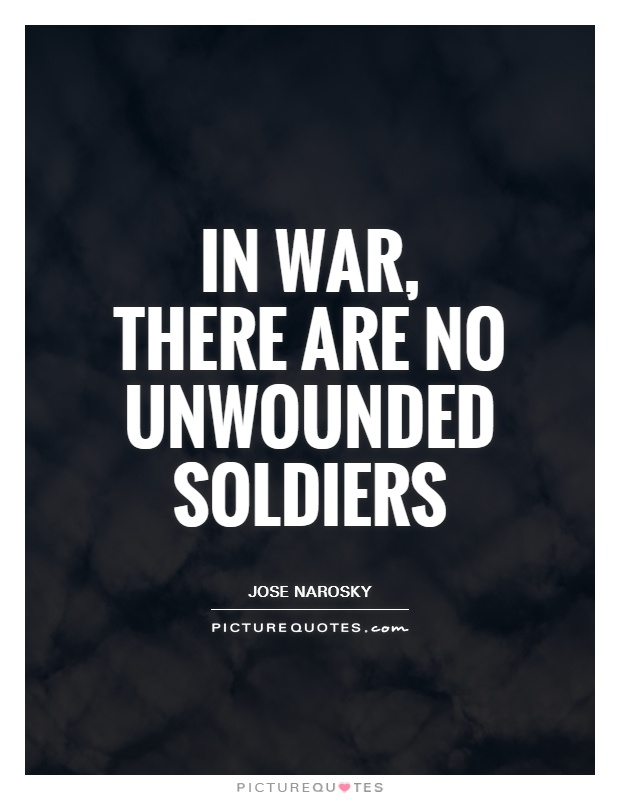
In war, there are no unwounded soldiers
Jose Narosky, an Argentine writer and poet, once said, "In war, there are no unwounded soldiers." This powerful statement speaks to the lasting impact that war has on those who are involved in it, both physically and emotionally. While we often think of soldiers as being strong and resilient, the reality is that the trauma of war can leave deep scars that may never fully heal.The physical wounds of war are often the most visible, with soldiers returning home with missing limbs, scars, and other injuries that serve as a constant reminder of the violence they have experienced. These wounds can be debilitating, affecting a soldier's ability to live a normal life and causing them to rely on others for support and care. However, it is often the emotional wounds of war that are the most insidious and difficult to heal.
The psychological toll of war can be devastating, leading to conditions such as post-traumatic stress disorder (PTSD), depression, and anxiety. Soldiers may struggle to reintegrate into civilian life, haunted by the memories of the horrors they witnessed on the battlefield. They may experience flashbacks, nightmares, and intense feelings of guilt and shame, unable to escape the trauma that continues to haunt them long after the war has ended.

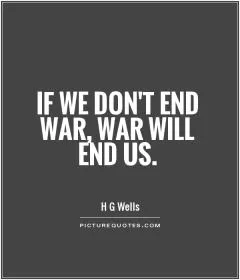

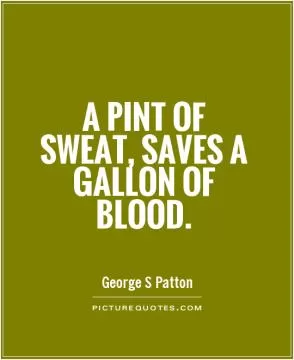

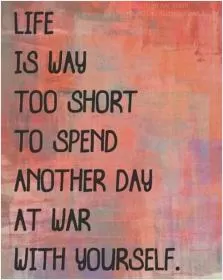

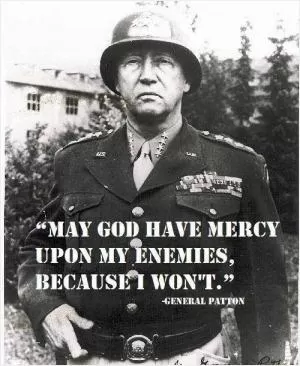
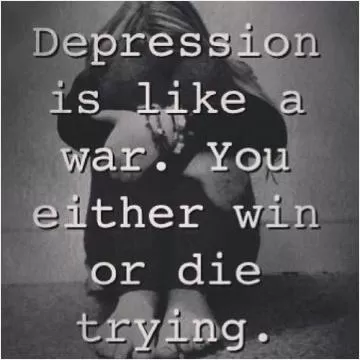


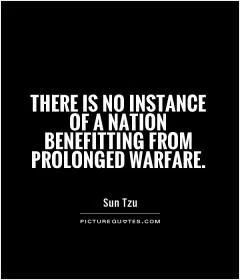
 Friendship Quotes
Friendship Quotes Love Quotes
Love Quotes Life Quotes
Life Quotes Funny Quotes
Funny Quotes Motivational Quotes
Motivational Quotes Inspirational Quotes
Inspirational Quotes